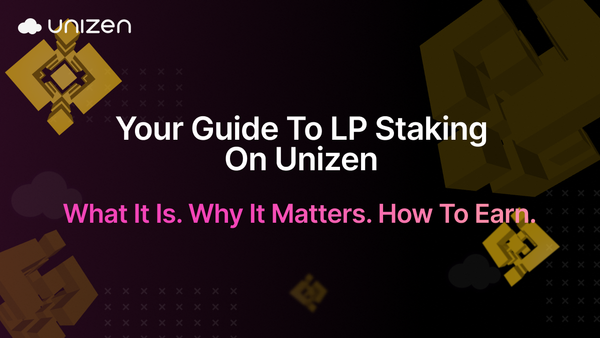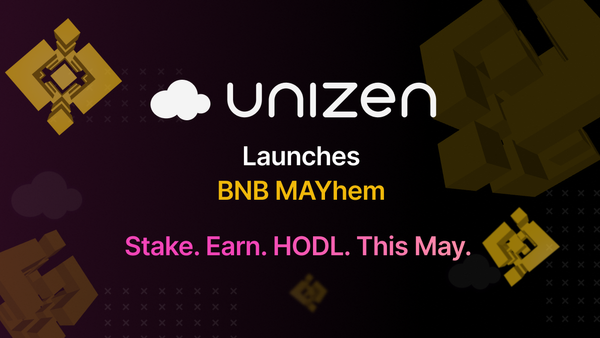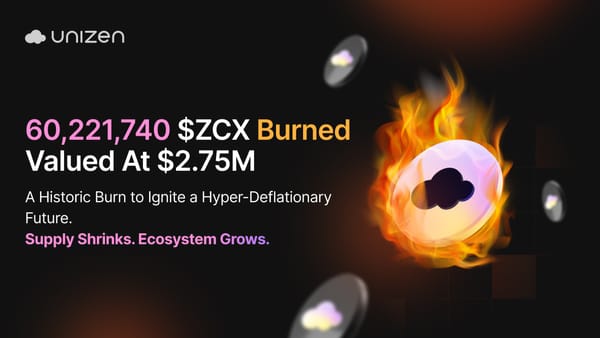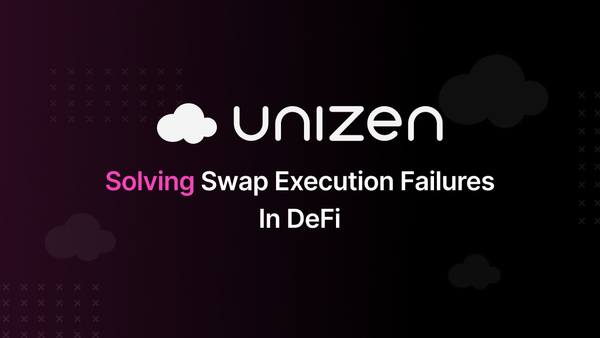What is Gaming Token? A Comprehensive Review of the Crypto Gaming Ecosystem
Check out our detailed review of what is gaming tokens, their types, how they work, popular examples, and how their usage is affecting the gaming ecosystem.
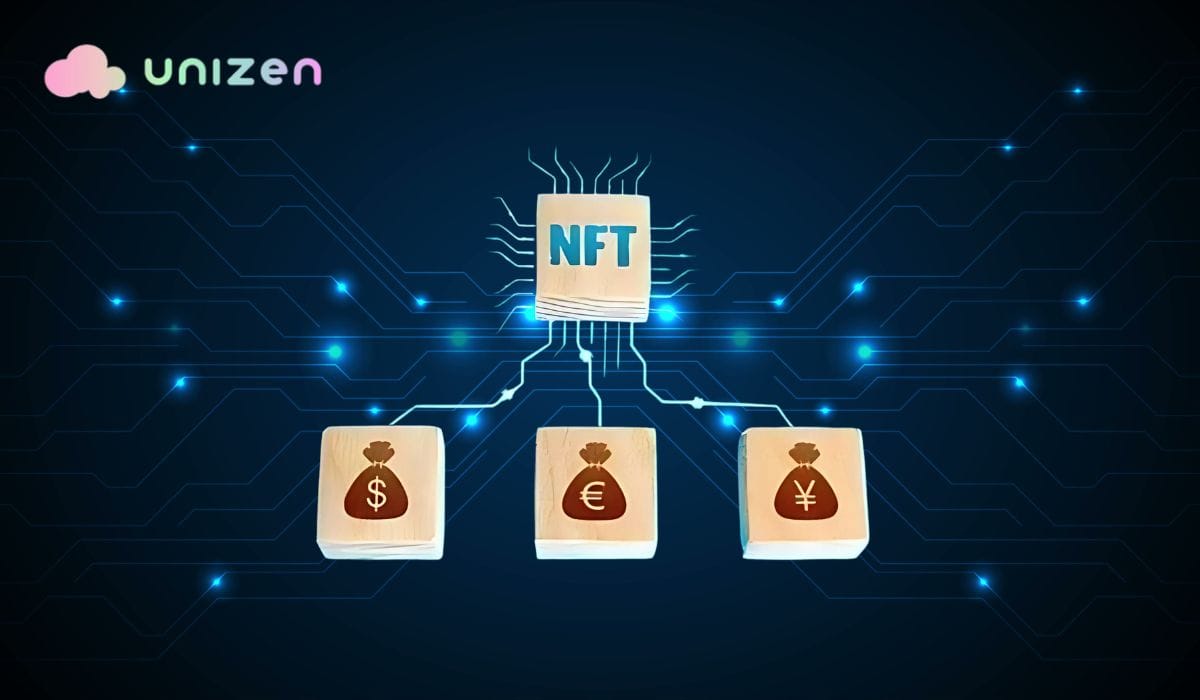
The Gaming industry has shifted from mere 2D to immersive 3D virtual games, creating an ecosystem built on AI blockchain technologies. This evolution has created an upsurge, allowing web3 gamers to make real money. Blockchain technology and DeFi integrations have also been major boosters of crypto gaming. Its growth fuels increased accessibility, not limiting its adoption to only Web 3 gamers but also Web 2 tech savvies and new crypto entrants without prior knowledge of the crypto space.
The emergence of new AI technologies and DeFi integrations has transformed the gaming industry remarkably, resulting in a new dimension of gaming, creating more decentralization and transparency. Therefore crypto noobs asking the question: What is Gaming Token? They are digital assets based on blockchain technology used mainly during in-game crypto quests, allowing gamers to participate actively in various gaming activities through partnerships, stakings, and ownerships.
In this article, we will comprehensively review the question: What is gaming token? How they function and are integrated into the gaming system, their benefits, and the popular gaming tokens, among many others. Let’s dive right in.
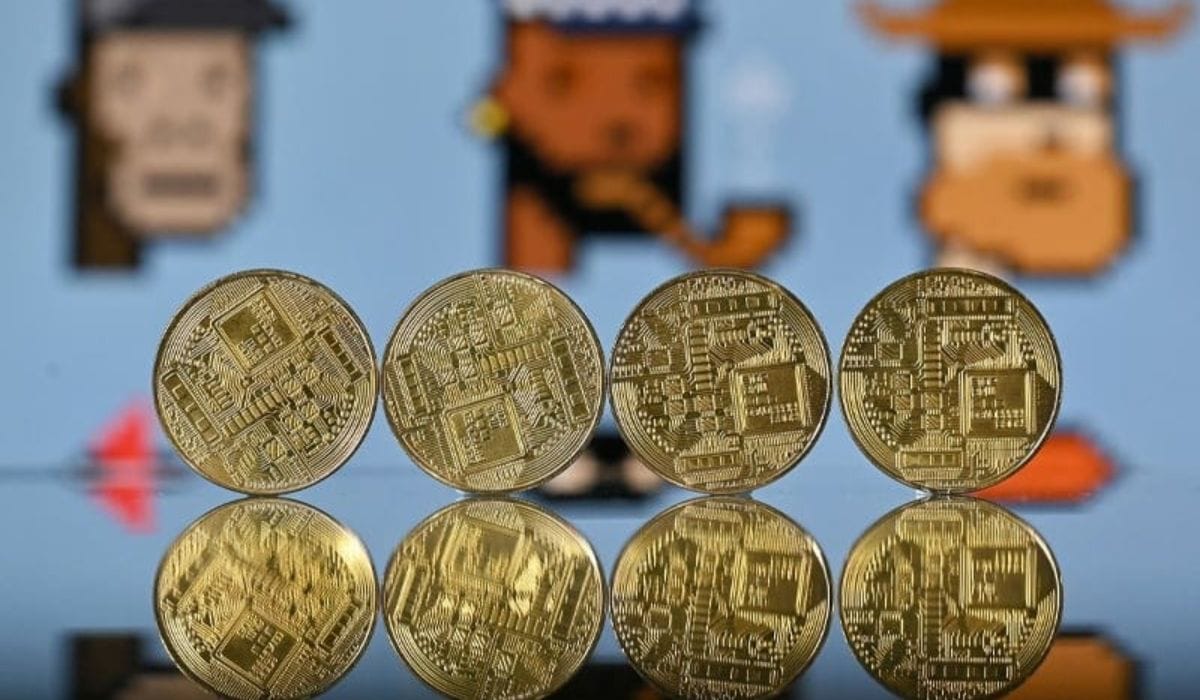
What are Gaming Tokens?
Crypto Gaming Tokens are in-game assets built off of the Play-To-Earn model, in which gamers earn cryptocurrencies, incentives, and virtual rewards through 3D/metaverse games. Whatever they win from gaming can then be traded for money or, better yet, used as legal tender in exchange for valuable items. The majority of crypto noobs might think these gaming tokens are merely virtual coins for in-game transactions. However, that is not the case; their utility use cases are on a broader scale, enhancing staking and seamless virtual participation of gamers.
They are also designed for video games and virtual worlds, allowing for seamless integration and transfer of assets between games. Its advanced blockchain technology also ensures security, transparency, and decentralization through a smart contract, which acts as a digital receipt and allows sensitive information and metadata to be tracked. Crypto gaming tokens can also be in the form of non-fungible tokens, which can be traded securely on different blockchain networks for money or virtual weapons like those on EV.io.
What are the Types of Gaming Tokens?
Below is a more detailed description of the types of Gaming tokens and their applications in different aspects of blockchain.
- Utility Tokens: Utility tokens are in-game assets used specifically for trading or purchasing virtual goods, services, or weapons only within a game. Unlike other generic gaming tokens, Utility tokens are governed by blockchain protocols and deemed inaccessible whenever used outside specific gaming platforms. These tokens may also fluctuate in correlation with their current value as of the time of usage provided by the blockchain ecosystem.
- Governance Tokens: Governance tokens provide decentralized access to users, allowing them to participate actively in voting, gaming polls, and determining future updates of a crypto asset or community guidelines. Through these tokens, users can contribute significantly to decision-making processes rather than being sidelined or left out by community developers and teams. Just like utility tokens, the majority of governance tokens can't be used outside their primary platforms, ensuring transparency and eradicating fraud risks and double voting, where necessary.
- Non-Fungible Tokens (NFTs): Non-fungible tokens are also in-game assets that can be characters, images, symbols, or skins that can be traded virtually. They serve as proof of ownership to allocated entities like lands, real estate properties, arts, music, or virtual weapons that can be sold or bought independently in the marketplace. Non-fungible tokens are powered by smart contract technologies, unlike traditional gaming assets, which lack the immutability of a decentralized ledger technology.
How Does Gaming Tokens Work?
Gaming Tokens work through its integration with major blockchains in the crypto space. Below is a breakdown of some key innovations to help you better understand what is gaming token and how they function efficiently:
- Interoperability: Gaming tokens' interoperability allows them to be traded across multiple games or platforms, increasing liquidity and providing players with more flexibility as they trade.
- Autonomous Ownerships: Holders of gaming tokens have true ownership as they are stored in various digital wallets. Autonomous ownership also allows players to trade or transfer tokens to other wallets without the need for intermediaries.
- Blockchain Integrations: Networks like Solana, Ethereum, Bitcoin, and TON are decentralized marketplaces where holders of these tokens can buy, sell, and trade in-game assets securely and transparently.
Use Cases of Gaming Tokens
Beyond their roles as digital currencies, gaming tokens are used for various purposes, including digital ownership, governance, decentralized finance, and more. Below is a detailed narrative of their use case and how they pave the way for a more noble blockchain ecosystem.
- Play-to-Earn Models: Players can access gaming tokens by journeying on quests and playing tap-to-earn games, which also serve as a source of income depending on the region where the user is located.
- In-game Economy: Gaming tokens can purchase virtual goods and services using blockchain technology to prove authenticity. They can also be used for upgrades and customization, allowing developers to monetize their games further and creating a more surreal and interactive gaming experience.
- Digital Ownership: Gamers can claim digital ownership of as many gaming tokens as possible rather than allowing gaming companies to regulate or control the amount they can own or buy. And for cases where a particular user has multiple accounts, digital ownership makes it easier to link varieties of NFTs to a single profile rather than losing them and starting over again.
- Staking and Rewards: Gaming tokens can also be staked for specific periods to appreciate their value or to replace another highly valued asset token or service in the marketplace. Through this, users can earn passive income and multiple rewards for their long-term commitment and loyalty.
- Game Governance: Specific gaming tokens also democratize access to participate in polls and vote in protocol upgrades, policy changes, and resource allocations. This further enhances community-driven and transparent governance, providing a secure, transparent, decentralized platform for fair decision-making processes.
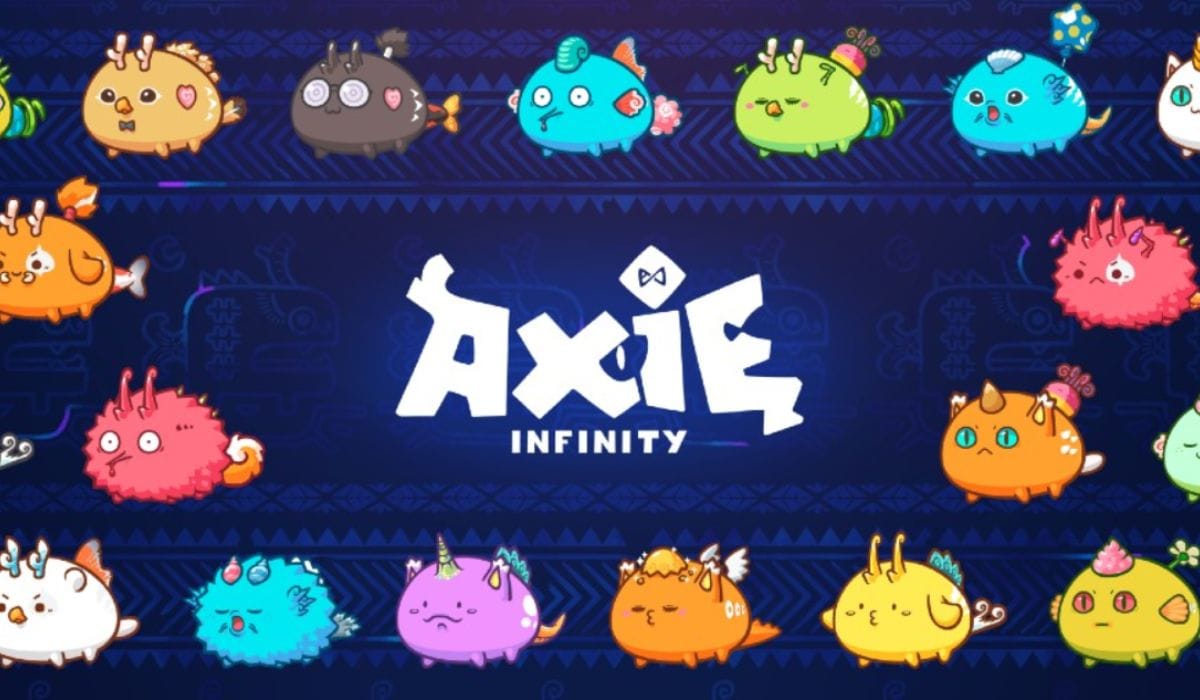
Popular Examples of Crypto Gaming Tokens
Web3 gaming is boosting its digital landscape through synergies with innovative projects, each crafting its unique crypto token.
However, it all boils down to buying gaming tokens, especially those that have stood the test of time and whose games have been around for years. Let’s look at popular gaming tokens' and their specific functionalities within their respective game ecosystems.
- Play to Earn with Axie Infinity (AXS): Axie Infinity is a blockchain token that has grown significantly over the years as a game known for its play-to-earn model. It functions as both a governance token and a reward mechanism for players.
- Purchasing Virtual Lands through SandBox (SAND): SandBox is a highly ranked utility token that allows gamers to create, own, and monetize their gaming experiences through its SAND token. Holders of this token can purchase and claim full ownership of in-game virtual lands through its blockchain technology.
- Immersive 3D nature of Decentraland (MANA): Decentraland is an open-source 3D virtual world platform that emerged in 2020 and has quickly risen to become one of the dominating crypto games where users can buy, sell, and trade virtual plots using the MANA token. Built on the Ethereum blockchain, Decentraland is similar to SandBox in that it has unique features that are relatable to games like Minecraft and GTA. These games are the future of gaming, fostering a new era of gaming economies.
- Competitions on Gala Games (GALA): Gala Games is a platform that offers gamers a wide range of games such as leaderboards, competitions, and decentralized socials. GALA is also built on a decentralized gaming structure where GALA holders can earn rewards and contribute to the network.
- Virtual Purchase on Enjin Coin (ENJ): Enjin Coin is a blockchain-based ecosystem for creating tokenized in-game items. It also offers various tools that allow game developers to integrate blockchain technology into their games.
What are the Potential Benefits of Gaming Tokens?
The importance of gaming tokens cannot be underestimated, as they present exciting opportunities for players to participate in major events. Meanwhile, let’s take a look at some of their potential benefits and what holders stand to gain if they have them.
- Ownership: Holders of any gaming tokens can have full or fractional ownership of their assets independent of the game developer. Unlike traditional in-game assets which can be lost if a game shuts down, full digital ownership gives unlimited access to tokens so far holders have the necessary authorization details.
- Passive Income: Through crypto gaming tokens, holders can earn as much as possible by buying, selling, swapping and even staking their assets. Players can also make passive income by monetizing their gaming skills, winning in-game tournaments, and accumulating points/credits, which can then be converted to cash prizes.
- Transparency & Scalability: Blockchain technology ensures all gaming tokens are traded on a secured and decentralized network, which helps in eradicating fraud cases and inefficiencies.
- Cross-Platform Potential: Crypto gaming tokens can be traded across various platforms and blockchain networks, hence enabling more seamless interactions between different gaming ecosystems.
What are the Challenges and Risks Associated with Gaming Tokens?
Despite the numerous benefits players enjoy from holding gaming tokens, there are some challenges and risks associated with them.
- Market Volatility: Although this is the norm for crypto assets like BTC, SOL and ETH, the market volatility of gaming tokens fluctuates significantly, posing risks for players and investors.
- Regulatory Uncertainty: Some particular tokens in a region may be subject to serious regulatory scrutiny and potential legal and compliance jurisdiction issues, which can lead to obstacles in launching and playing crypto games in the long run.
- Frauds and Scams: Just like the crypto space generally, the crypto gaming ecosystem isn’t exempted from fraud and scam-related attempts, which might result in partial or total loss of gaming tokens. Likewise, due to the decentralized nature of blockchain, there’s an increase in fake NFT tokens from fraudulent projects, extorting money from players who know little about crypto gaming.
- Limitation towards Adoption: Despite the widespread adoption of cryptocurrency, there might be limited barriers to crypto gaming, as not many gamers are familiar with blockchain technology.
- Conservative Concerns: Some blockchain networks are not environmentally conservative as they rely on their energy-intensive routine, which further increases environmental sustainability issues. Although this might not seem to be an issue presently, in the long run, the future of gaming token development depends on eco-friendly gaming practices that offset carbon footprints, hence the need for more sustainable and inclusive gaming environments.
The Future of Gaming Tokens
The gaming ecosystem is rapidly evolving into one of the major sectors in the blockchain, and several trends are shaping its future. Below are some of its future advancements and their impact on crypto gamers/players.
- Universal Adoption: The adoption of blockchain is an integral part of gaming tokens, as the use of blockchain core AI technologies allows tokens to be traded seamlessly between different gaming platforms and networks. Expert crypto analysts believe it is only a matter of time before core AI technologies are also implemented into gaming tokens, thereby assisting with automating and streamlining staking processes.
- Expansion of Metaverse and Interoperability: Similar to the integration of AI technologies, expanding the metaverse in crypto gaming would further enhance gaming experiences. Its AR/VR models create an immersive virtual 3D experience that allows players to actively participate and interact with virtual worlds using the gaming token.
- Increased Awareness: With increased awareness, there would be more profound education initiatives that will bridge the gap between blockchain and traditional games, allowing a democratized approach to gamers.
- Environmentally sustainable solutions: The emergence of sustainable solutions indicates the need for a more inclusive gaming environment that rewards gaming practices and reduces carbon footprints.
Conclusion
Gaming tokens are the future of crypto gaming, offering players the ability to own, earn, and actively participate during a project's key decision-making process. Unlike other aspects of cryptocurrency, gaming tokens are a dominating force setting the stage for transformative changes in the digital economy.
In the near future, these NFTs can be used as legal tenders, not only to trade for money but also to request services, further offering new levels of authenticity and ownership in gaming. A proper understanding of what is gaming token is essential as these innovations continue to evolve. Gaming tokens are poised to be a larger influence on top industries across diverse sectors of the market, showcasing the versatility and adaptability of blockchain technology.
